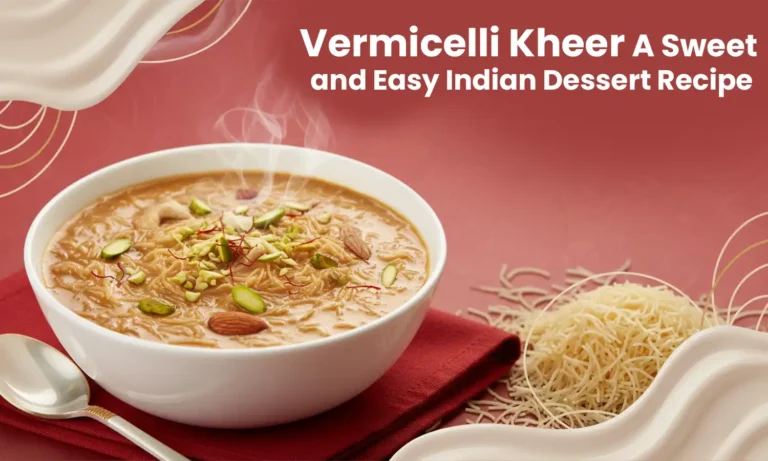Mixed Pickle Benefits, or achar, is found in nearly every Indian household. With its load of sour, hot, and salty tastes, the condiment turns any bland meal into a feast. But do you know that in addition to taste, there are some mixed pickle advantages that can positively affect your health?

What Is Mixed Pickle and Why Is It So Well-Loved in Indian Kitchens?
Mixed pickle is a mixture of different vegetables and sometimes fruits, all of which are marinated in spiced oil. Its strong flavor and adaptability make it an all-purpose condiment with rice to roti.
Let’s dive into four benefits of Indian pickle and find out why this humble side dish deserves a permanent spot on your plate.

1. Encourages Digestion and Gut Health
Can Mixed Pickle Help with Digestion or Gut Health? Absolutely! One of the most sought-after uses of Indian pickles is in enhancing digestion. The quintessential Indian mix veg achar is generally naturally fermented, promoting good bacteria growth. Probiotic Indian foods like Indian pickles can assure a healthy gut microbiome, which can enhance digestion and even enhance nutrient uptake.
In addition, the popular spices such as mustard, fenugreek, and asafoetida (hing), which are used in mixed pickle ingredients occasionally, can be the best pickle for gut health.
2. Nutrient-Rich and High in Antioxidants
Homemade or good store-bought mixed vegetable pickles often consist of carrots, cauliflower, green chilies, and lemons, each rich in vitamins. The vegetables are preserved with oil and spices, which serve to keep their nutritional content intact. The spices added to mix veg pickle recipes, such as turmeric and chili powder, also provide effective antioxidants to your diet.
3. Serves as a Natural Appetizer Enhancer
Ever noticed that achar mixed pickle increases your hunger? That is no coincidence. With calories in mixed pickles being over 35 calories, the piquant taste of Indian pickles activates digestive enzymes and salivary glands, which not only break down the food but also make you hungrier. This is particularly useful for convalescent patients or those with poor appetites.
4. Long Shelf Life and Travel-Friendly Nutrition
Whether you are cooking at home or traveling, mixed pickle pouches are a savior. Stored in oil and salt, these pickles can be stored for months without refrigeration. Varieties such as 777 mixed vegetable pickles are widely used for their quality and original taste. A spoonful with your meal ensures that you still receive some flavor and nutrition even while on the move.
Conclusion:
Mixed pickles have high nutritional and real health benefits like aiding digestion, providing antioxidants, and adding valuable nutrients to your diet. Choosing the right pickle matters, and that’s where SGR 777 Pickles stands out.
We use time-tested recipes and premium ingredients, and deliver authentic Indian flavor in every bite, keeping in mind your tastes and preferences.
We use time-tested recipes and premium ingredients, and deliver authentic Indian flavor in every bite, keeping in mind your tastes and preferences.
FAQs
Is Mixed Pickle Healthy?
Yes, in moderation. Mixed pickles offer probiotics, antioxidants, and nutrients from vegetables and spices. When made with quality ingredients and stored properly, it can support digestion and immune health.
How Much Mixed Pickle Is Safe to Eat Daily?
A small serving (about 1 tablespoon) is safe for most people. It provides flavor and health benefits without overwhelming your sodium intake.
What Is Indian Mixed Pickle Called?
It’s commonly known as achar in India. There are regional variations like Punjabi achar, South Indian avakai, and Gujarati athanu.
Is Mixed Pickle Good for Weight Loss?
While it isn’t a weight-loss food per se, mixed pickles can support digestion and help curb unhealthy cravings by enhancing meal satisfaction, especially when consumed in small quantities.
Can Diabetic Patients Eat Mixed Pickles?
Yes, but in moderation and only if it’s low in added sugars. Many Indian mix veg achar varieties like 777 mixed vegetable pickle use minimal or no sugar, making them suitable for diabetics when eaten sparingly.








